Some might want to leave this beauty trend in the bottle

We have serums, creams, masks, cleansers and moisturizers — a whole host of skin care products to keep our faces clean, healthy and wrinkle-free.
Advertisement
Cleveland Clinic is a non-profit academic medical center. Advertising on our site helps support our mission. We do not endorse non-Cleveland Clinic products or services. Policy
But what about slicking on some face oil? Is the trendy skin care routine really a good move?
Dermatologists Amy Kassouf, MD, and Alok Vij, MD, talk about how face oils work, who should avoid them and what alternatives you should try instead.
The thought is that layering on a face oil will supplement the natural oils found in your skin, therefore, keeping your skin moisturized.
Depending on the type of face oil, oils can cleanse, moisturize or work as a spot treatment.
“They can be useful in some situations where they can act as an emulsifier and help lift oily residues from makeup or other products and pollutants from the skin,” says Dr. Kassouf. “For patients with very dry or inflamed skin, this can be quite useful.”
But not all face oils are created equally. Some face oils are made with jojoba, argan, coconut or maracuja oils — just to name a few. These natural ingredients may also have anti-inflammatory or antioxidant properties. But some oils may be made with synthetic ingredients, too.
And many types of face oil are considered comedogenic, meaning they can cause blackheads by blocking your pores.
In addition, Dr. Kassouf says, “You want to avoid strong fragranced oils like lavender or tea tree, as they can be irritating or even potential allergens.”
Advertisement
Yes, they can be.
“In theory, face oils reduce water loss from the skin, as they act as a barrier to prevent water content of the skin from evaporating,” explains Dr. Vij. “There is some oil content in the outermost layer of the skin, so face oils can make your skin seem a little more smooth or plump.”
Dr. Kassouf adds that face oils may be good for sun-damaged, dry or inflamed skin thanks to lipids, a compound that’s insoluble (or incapable of being dissolved) in water.
“If you’re trying to repair the barrier of the skin, then the more lipid in the product the better barrier you can produce,” she notes.
There are many products available that more closely mimic the normal elements found in your skin, like ceramides and a group of ingredients known as natural moisturizing factor (NMF).
Consider avoiding face oils if you fall into one of these three categories.
If you have acne-prone skin, it might be a good idea to skip this beauty trend.
Acne is caused by the overproduction of an oil known as sebum. When it gets trapped under your skin with dirt and dead skin cells, you’ll start to notice pimples.
“Unless products are labeled as ‘noncomedogenic,’ they may clog pores and cause acne flares,” warns Dr. Vij.
About 11% of the U.S. population has seborrheic dermatitis or dandruff, a condition that causes itchy, red patches along with white or yellow flakes.
While mostly known to occur on your scalp, you can experience symptoms on your face as well.
Though medication can usually treat seborrheic dermatitis, it can flare up from time to time due to stress, cold weather and alcohol-based lotions.
Having oily skin also contributes to seborrheic dermatitis so it’s best to avoid using face oils.
“Seborrheic dermatitis stems from a complex interplay of your immune system with the natural oils and microbes on your skin,” explains Dr. Vij. “Altering the balance of any one of those elements could make your skin condition better — or worse.”
Rosacea, a common skin disorder, can cause redness on your nose, chin, cheeks and forehead.
It can be treated with medicine and even surgical procedures — and makeup can help tone down or hide any redness.
But certain triggers like stress, weather and alcohol can aggravate rosacea.
Dr. Vij says those with rosacea should also be mindful about using face oils.
“Those with rosacea have an altered skin barrier and are more likely to get dry, flaky or tight-feeling skin than those without rosacea, not to mention more acne-like flares.”
Advertisement
If you have skin issues, consider adding a serum instead of a face oil.
Serums are lighter, water-based products that generally penetrate the skin.
“Moisturizing your skin decreases the appearance of fine lines and wrinkles and helps reduce itching, flaky or ashy skin,” says Dr. Vij. “If you’re prone to inflammatory skin diseases like atopic dermatitis or rosacea, it can help to calm inflammation.”
If you have sensitive skin, look for products that have the seal of acceptance from the National Eczema Association, as these products are more likely to be gentle on your skin.
Though trendy, face oil isn’t recommended for everyone. Those with acne-prone skin, dandruff or rosacea should avoid using face oils.
And if you do want to try a face oil, it’s especially important that you pay attention to its ingredients and watch out for any reactions or irritation.
And if you have any skin issues, it’s best to talk to a dermatologist before adding anything new to your routine.
Advertisement
Learn more about our editorial process.
Advertisement
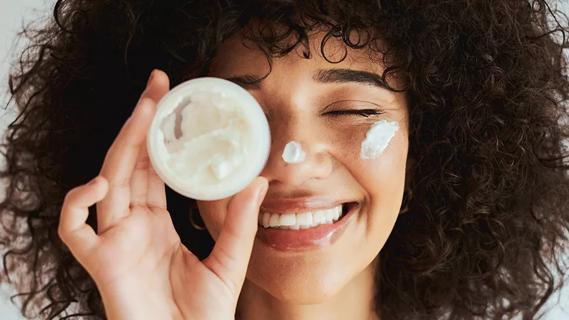
Pantothenol is a powerful moisturizer and can help repair damaged skin and hair

This alternative to retinol may be easier on sensitive skin

Day creams should protect your skin, night creams should soothe and repair it
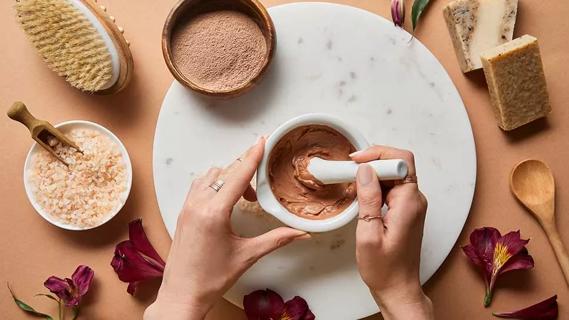
Pure cocoa butter can help keep your skin supple, with a subtly delicious scent
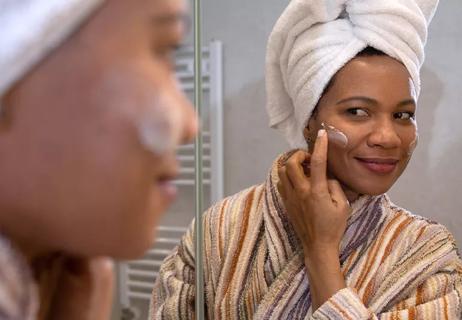
Focus on the philosophy — replenishing and respecting your skin — not necessarily the steps
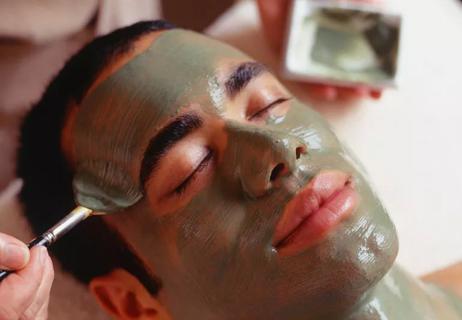
Lie back and relax as a skin specialist cleanses, exfoliates and hydrates your skin
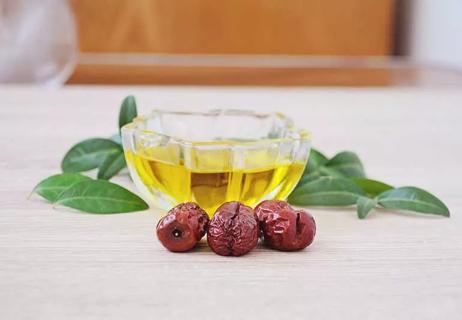
The powerhouse oil fights fine lines and wrinkles, soothes sunburn and a whole lot more
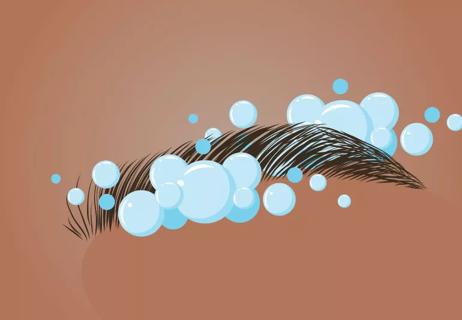
From icing to taping, experts chime in on what’s worth trying and what’s better off skipping

Type 2 diabetes isn’t inevitable with these dietary changes

Applying a hot or cold compress can help with pain